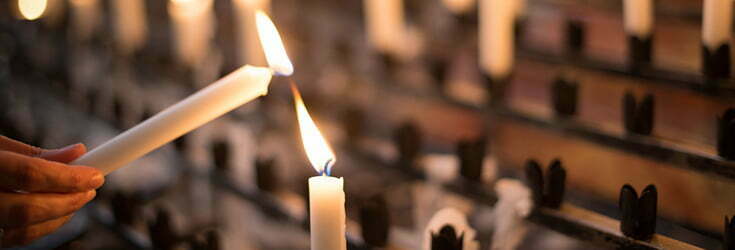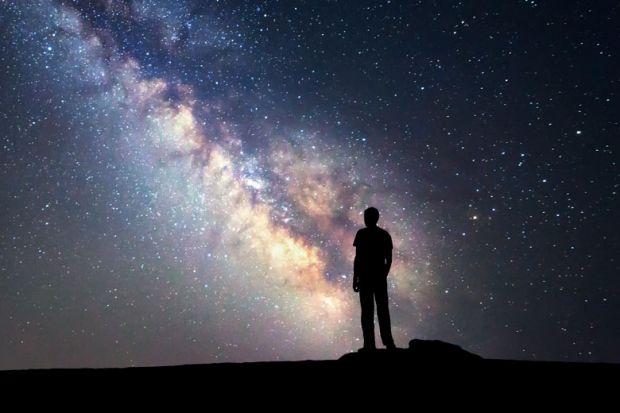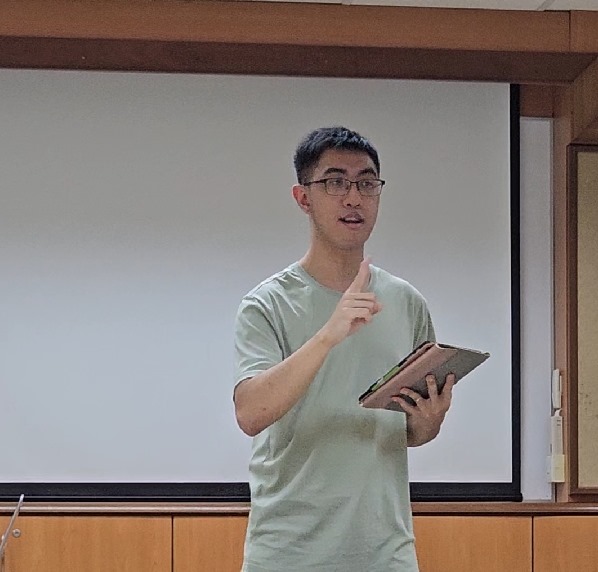
* * *
Religion can be a source of comfort and support for many, but it also has a dark side unbeknownst to most. Melvin knows first hand the dangers of dogmatism and intolerance.
Melvin Lim, 26, had led the majority of his life in the church.
He was brought into the fold at the tender age of 4, long before he “knew any better”. The churches he attended were of the more fundamentalist variety. Melvin describes their extremism as more “insidious” than other churches, and their rules can get inordinately strict. For instance, they prohibit the use of electric guitars and drums in worship music as they consider them sinful, and they will excommunicate anyone who supports the LGBT movement.
Melvin’s childhood was governed by fear and filled with restrictions. His freedom was severely curtailed; and the various means and mediums for him to have fraternized with his peers in school, or eke out a sense of belonging in secular settings, were thwarted by the various taboos set in place by his church, such as the condemnation of the popular childhood media franchise — Pokémon, as satanic, and leaving him bereft of knowledge considered common to his peers, such as music that united them, but that he was prohibited from enjoying as they were not hymns — or in his church’s words, “Glorified the flesh”.
Melvin found his world shrinking as the things that brought him joy were slowly wrested from him, one by one.
The first cracks
The first cracks he discovered in Christianity is that they teach children at an early age how to hate with a capital “H”. Homosexuals and transgendered persons are seen as abominations. “It did not stop there. In fact, any professing Christian who says otherwise was a so-called false christian and we were also told to hate them, to shun them and avoid them,” he said.
He lived in fear of incurring the wrath of God and being condemned to burn for eternity in hell. When the prospect of eternal suffering is drilled into the minds of impressionable children, it becomes deeply ingrained and difficult to expunge. Not only was it the cause of nightmares, it also warped the way he constructed his sense of morality, such that he acted out of fear rather than the desire to better himself. Despite starting to fear questioning the wrong things, even more terrifying at that time was the fact that said desire to question such matters could not be quenched — a mark of not ‘truly being saved’.
The other children in his church were no better off; if they were not as godly as their parents wished them to be, they would be pulled aside and singled out for shaming and name-calling. Under such an oppressive environment, the children’s natural curiosity was stamped out.

* * *
The Black Sheep
By the age of 12, skepticism had started to creep in.
It started off with innocent questions such as “Why is Pokémon bad?” It then transitioned to questions challenging the veracity of the Bible:
“How do you know that what is written in the Bible is actually true? Is there any demonstration of it? Or is there any way I can actually feel the effects in my life?”
The church spoke of the Holy Spirit who is supposed to help believers experience God. Try as he might, Melvin was never able to experience this feeling and he could not comprehend how others could feel it. When he asked about it, all he received was non-committal answers telling him “if it happens, it happens” or “it’s not time yet”.
Later on, he progressed to questions of logic such as “Who made God?” and “What difference is there between the Bible and a fairytale or historical fiction?” It was always hand-waved away with “faith”. He could not tell the difference between faith and blind faith, leaving him dissatisfied and disillusioned.
By then, Melvin was all but a Christian in name only. He felt like an outsider within the church. Older members would show him concern and build rapport with him, only to attempt to lead him back to their straight and narrow.
“To put it bluntly, I was a ghost member of the church, so to speak. I was not a member that the church would have wanted,” he admitted.
He would leave church services surreptitiously and be caught and punished for it. He then tried to appease his mother and made a sincere attempt to see where she was coming from. He went to his pastor’s office – even during weekdays – to ask questions, but he too, had no answers.

* * *
Leaving the Fold: Deconstruction
After he had completed National Service (NS), Melvin made the leap to come out publicly as an agnostic despite the ensuing backlash he knew would come his way. His mother had tried to guilt trip him and threaten him with hell in a bid to pressure him to return to the fold, but he stood his ground. “You know what, the way I think is no longer the prerogative of my mom’s. My parents set out to do their utmost to raise an independent, mature child. I will not deny their efforts.”
The process of deconstructing and re-examining the beliefs he had known all his life was no easy feat. For years he was denied peace of mind from being emotionally coerced into believing that hell existed.
To deprogram himself of this fear, he reasoned his way out.
Firstly, since no one has been able to definitively prove that they had died and gone to hell and came back to tell the tale, he concluded that his fears were unfounded, akin to a child being scared of the monster under the bed.
Secondly, he asked himself what was so special about the Christian hell that demanded that he be scared of it, when he is not afraid of the Buddhist 18 levels of hell, or the Greek hell, or the Nordic hell?
He believes the greatest thing he had been deprived of was the opportunity to develop his decision making faculties. The church instructs its members to pray or read the Bible for answers, but this hardly helps one to make sound decisions. Melvin had missed out on a lot of searching, introspection and reflection that could have been honed over the years when he was still young and therefore more cognitively open and absorbent of new information.

* * *
An Understanding Long Overdue
Melvin had to learn to construct frameworks of his own, and he owes a lot to secular humanists Matt Dillahunty and Seth Andrews for pointing the way. He wanted his journey through deconstruction to be what his upbringing in the church was not—namely, he did not want it to be a one-way transmission of dogmas from an authority figure in an echo chamber.
So instead of only tuning in to atheist voices, he listened to debates between theists and atheists. He would then decide whose views and logic were more reasonable and compelling and more closely aligned with what he believed a decent person would follow.
In leaving behind the black and white moral absolutism of the Biblical commandments, he discovered a new paradigm that was founded on more logical, adaptable and inclusive grounds—secular moralism.
Objective morality says that there is a greater good that we are supposed to adhere to, whether it is passed down from a higher authority or simply how the universe is supposed to work. Secular moralism centres human well-being and anything that works toward this objective is moral.
This model helps us make moral decisions from a more logical perspective as opposed to an emotional one. Furthermore, even if it is applied from a perspective of selfishness or self-centredness, it still can lead to moral behaviour, which makes it easier to understand and uphold compared to other models.

* * *
Moving forward
Experiencing the brunt of religious abuse first hand has motivated Melvin to join the Humanist Society (Singapore) to provide a support system to others seeking to deconstruct their faith.
He knows how challenging it can be to leave a religious community that has known all their lives, and how much more difficult it is to catch up on developing and repairing one’s damaged faculties of reason and logic after a better half of a lifetime lived with the wholesale acceptance of fallacies and biases wrapped in the alluring veneer of comforting ‘faith’.
There are not many dedicated avenues for support and education in this regard, and Melvin hopes that he can meet this unaddressed need for the people he sees his past self in — and carry forward just how others too, refused to give up on him.




